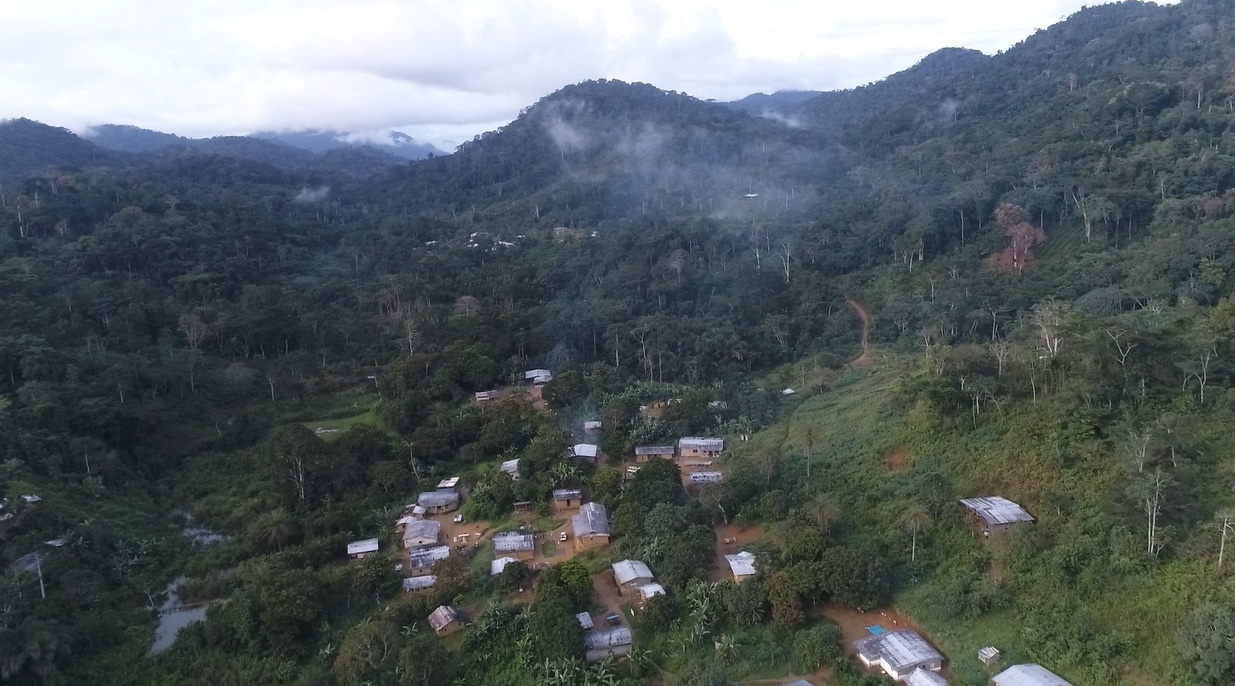CIDT News – June
Talking foreign aid budget cuts with Voice of Islam Radio
CIDT’s Philip Dearden appeared on Voice of Islam Radio’s Drive Time show to speak with hosts Raza Ahmed, Qayyum Rashid and Hanif Khan in a special show on foreign aid.
Creating learning products that help Caribbean Governments respond to shock
Find out how CIDT are working with the World Food Programme in the Caribbean to create learning products that help Governments respond to shocks and natural hazards and prepare effective social protection systems.
Policy brief tackles the question of why illegal logging persists in the Congo Basin
CIDT’s latest policy brief explores why illegal logging persists, exposing such factors as perpetrator immunity, weakness of regulatory standards, marginalisation of the judge in managing litigations.

